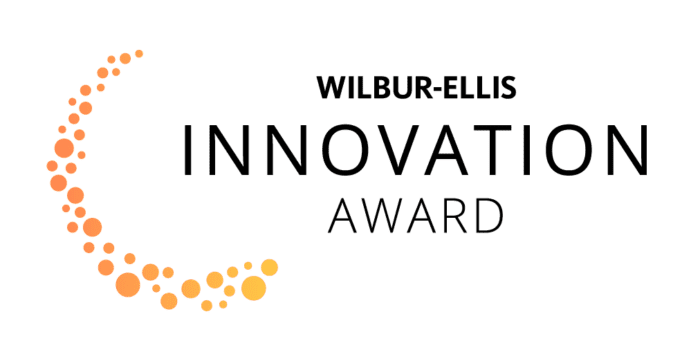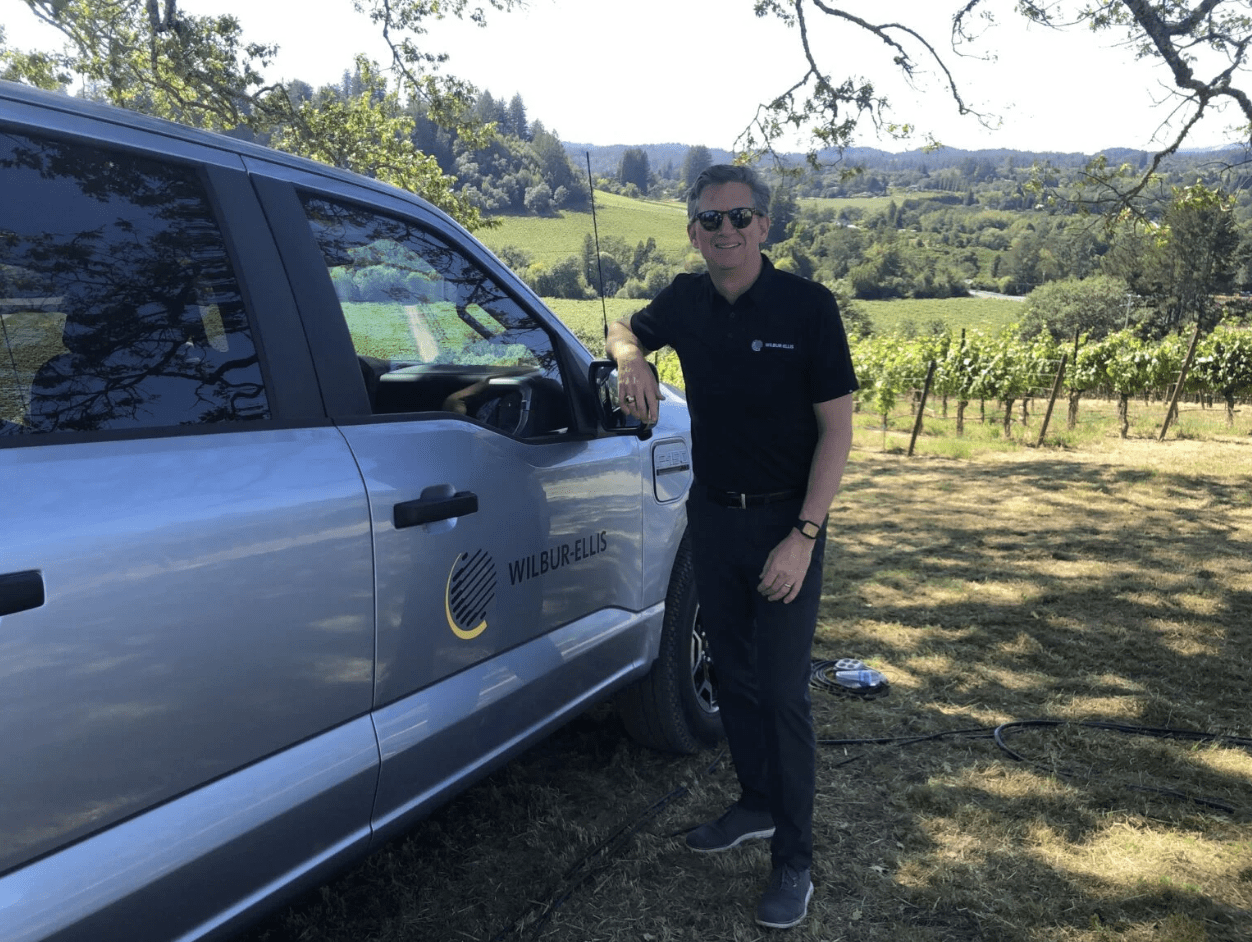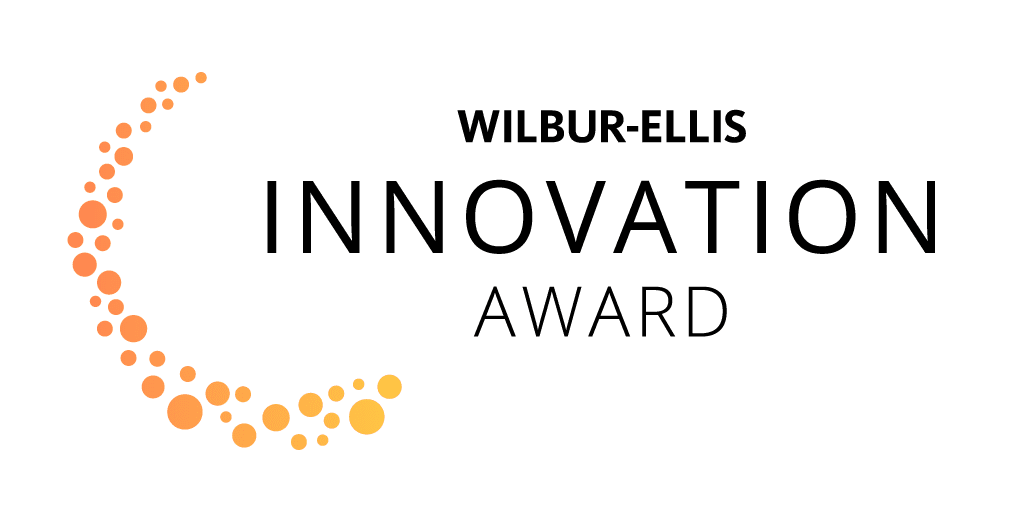

Last year, the world population reached 8 billion. As a company committed to providing the essentials for the world to thrive, we are continually asking ourselves: How do we help feed this growing planet?
While we have agronomists, R&D teams and others dedicated to this effort within our company, we know such a monumental task requires ideas from and collaboration with a wide range of sources. Knowing this, we turned to minds outside the company to help us address this macroeconomic challenge: college students.
As part of our 100th year anniversary in 2021, we launched the Wilbur-Ellis Innovation Award. The program invites student teams from colleges and universities to propose innovative approaches for providing food for more people.
And the proposals we received were outstanding: using insects to recycle waste, ensuring honey bee health, and promoting ocean farming. These were just some of the award-winning ideas from last year’s competition.
While groundbreaking ideas and a $25,000 grand prize may have been what motivated students to enter, there were unexpected learnings too. Ones that apply in any academic or business setting. In speaking with students, here were the biggest takeaways:
- Learning to scale up — The competition gave students an opportunity to turn an idea into something viable, meaning it could scale and integrate with existing infrastructure. It required analytical and problem-solving skills.
- Strength in collaboration – The team aspect of the competition meant students had an opportunity to collaborate and work with students they may not have known otherwise. The diversity of thought elevated their final submissions.
- Adopting a positive mindset – While classrooms (and boardrooms) tend to focus on the significant challenges an industry faces, students told us the competition gave them a unique opportunity to think creatively about a hopeful and bright future for the industry.
In launching the Wilbur-Ellis Innovation Award, our goal was to inspire a new generation of minds to keep growing, innovating and evolving. Just one year later, it seems we are the ones inspired by the work of these students.
We can’t wait to see what the second year of our competition brings in terms of world-changing ideas and learnings for us as a company. We hope you’ll stay tuned to learn about some of the new elements the competition offers this year to student groups in the U.S. and, this year, in Canada.
And if you know a student who might be interested, please join us in spreading the word!
 Back to blog
Back to blog




